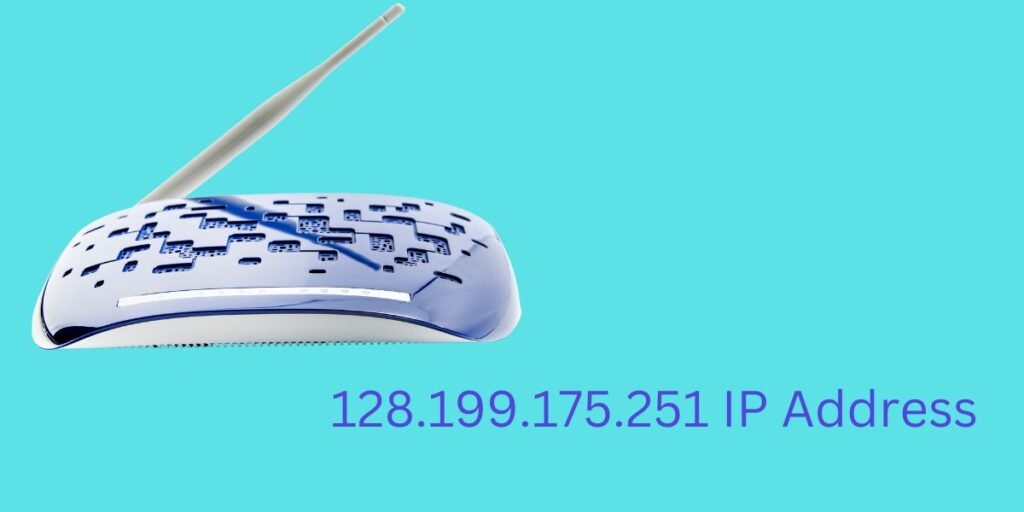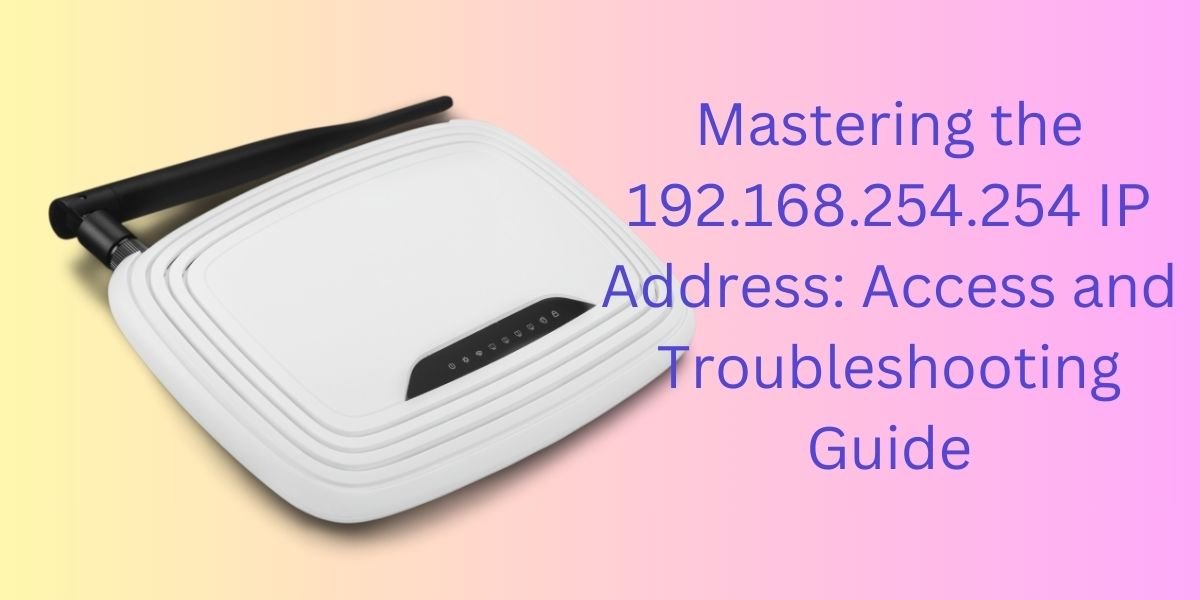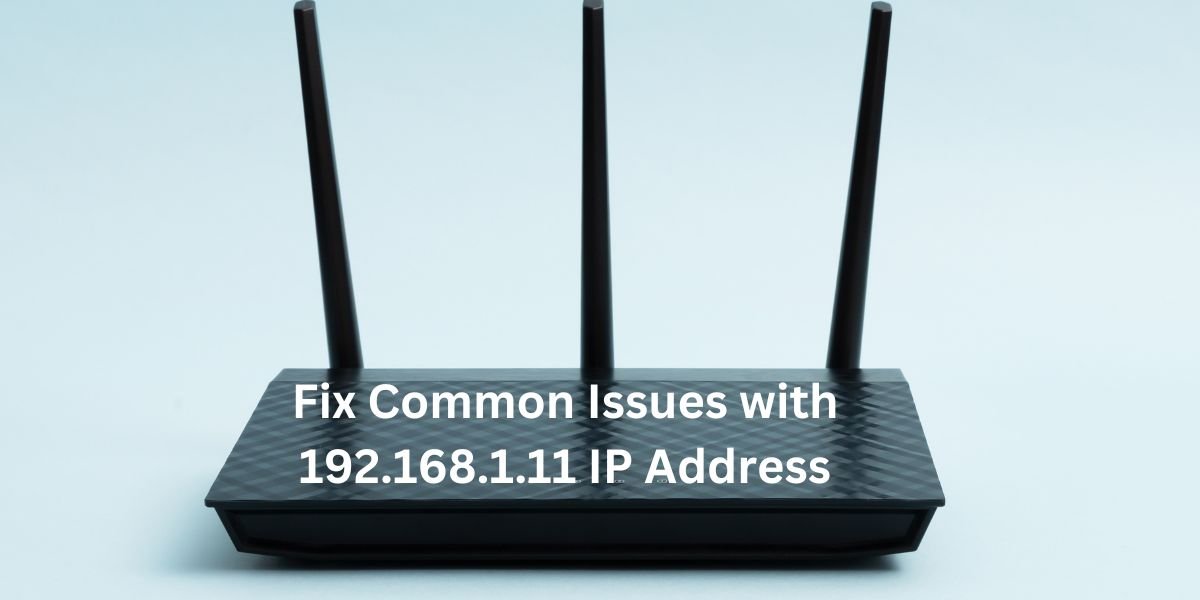In today’s digital landscape, understanding the technology of IP addresses is essential. An IP address, short for Internet Protocol address, serves as a unique identifier for devices connected to a network. In essence, IP addresses are like virtual addresses, guiding data packets through the internet to their destination. One specific IP address often searched online is 128.199.175.251, a public IP with associations in cloud hosting.
IP Address Classification
To fully understand 128.199.175.251, it’s helpful to know how IP addresses are classified. There are two main types: public IPs and private IPs.
- Public IP Addresses: Assigned by an ISP, public IPs are accessible over the internet. 128.199.175.251 is a public IP, meaning it can be accessed by anyone online, which is common for hosting servers and websites.
- Private IP Addresses: Used within local networks, private IPs are restricted to internal use within a home or business and are not accessible from outside networks.
As a public IP, 128.199.175.251 has specific implications, especially related to accessibility, security, and usage.
Read Also: 192.168.254.254 IP Address | 192.168.1.11 IP Address | 192.168.0.254 IP Address
How to Conduct an IP Lookup

An IP lookup can provide basic information about an IP address, including its geolocation and ISP (Internet Service Provider). Here’s how to perform an IP lookup:
- Access an IP Lookup Tool: Use online tools like IPinfo, WhatIsMyIP, or similar services.
- Enter the IP Address: Input 128.199.175.251 into the search bar.
- Review the Results: You’ll typically see the location, ISP, organization, and even more details.
An IP lookup is useful for identifying the owner of a specific IP address or simply getting more context about an unknown IP.
Security Risks of Public IPs
Public IP addresses, like 128.199.175.251, come with inherent security risks:
- Tracking: Public IPs are exposed, so third parties may use them to track user activity across sites.
- IP Spoofing and Hacking: Hackers can attempt to spoof public IPs or use them in malicious activities.
Protecting Your IP
To minimize risks, consider using a VPN (Virtual Private Network), which masks your public IP, or regularly update your firewall settings.
Geolocation and IP Addressing
Public IPs can reveal general locations based on geographic IP databases. However, geolocation accuracy is limited to general regions and is not always pinpoint precise. Businesses use IP-based geolocation for tailoring content, while law enforcement may also utilize it for investigations.
Role of IPs in Hosting and Cloud Services
In the cloud world, public IPs like 128.199.175.251 are integral to hosting solutions. DigitalOcean and other providers assign public IPs to servers, allowing users to access their hosted resources from anywhere. With this IP, clients can manage their hosting, establish servers, and provide access to data or websites.
Read Also: Inresto Login | Luke Combs Age | IP Addresses 45.76.33.4
Legal and Privacy Implications of IP Tracking
In today’s privacy-focused landscape, IP tracking raises questions about user data rights:
- Privacy Regulations: Under GDPR and CCPA, users have rights regarding their data privacy, which includes IP data.
- User Awareness: Knowing what data can be collected, how it is stored, and what rights you have regarding that data is essential in maintaining privacy.
IP Blacklisting: Causes and Solutions
IP blacklisting can occur if an IP, like 128.199.175.251, is involved in suspicious activity or spam-related practices.
How to Check if an IP is Blacklisted
- Use a Blacklist Checker: Sites like MXToolbox can check if your IP is blacklisted.
- Review the Reasons: Blacklists will often provide reasons for listing.
- Take Corrective Steps: If blacklisted, remove any malware, and contact the ISP to resolve the issue.
Read Also: IP Address 10.16.100.244 | What is my IP Address 10.139.8.225? 3 ways to check it
Performance Impact of IP Location
The location of an IP address can influence connection speed and latency. Content Delivery Networks (CDNs) use IP-based geolocation to deliver content from servers closest to the user, minimizing delays. For users relying on global access, the location of IPs like 128.199.175.251 becomes relevant.
The Future of IPs and Transition to IPv6
IPv4 addresses are limited, leading to a gradual shift towards IPv6, which offers more addresses. The transition means that IPv4 addresses, such as 128.199.175.251, will gradually be replaced by IPv6 equivalents, ensuring continued internet growth.
Conclusion
Understanding public IP addresses, such as 128.199.175.251, is crucial for anyone interacting with the internet, especially in cloud hosting and data privacy contexts. By knowing the security, privacy, and performance implications, users can make informed decisions for safer internet use and better network management.
FAQs
What does an IP lookup reveal about an IP address?
An IP lookup reveals the general location, ISP, and sometimes organization associated with an IP address.
How do I protect my public IP from tracking and attacks?
Using a VPN and setting up strong firewall protections can mask and secure your IP address from unauthorized access.
What is the difference between public and private IP addresses?
Public IPs are accessible over the internet, while private IPs are restricted to local networks within homes or businesses.
How does IP blacklisting affect website access?
Blacklisting can prevent users from accessing certain sites or services if the IP is flagged for suspicious activity.
Why is the transition to IPv6 important?
IPv6 is essential because it provides more IP addresses, accommodating the growing number of internet-connected devices worldwide.










